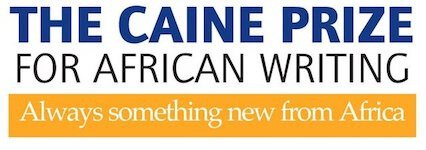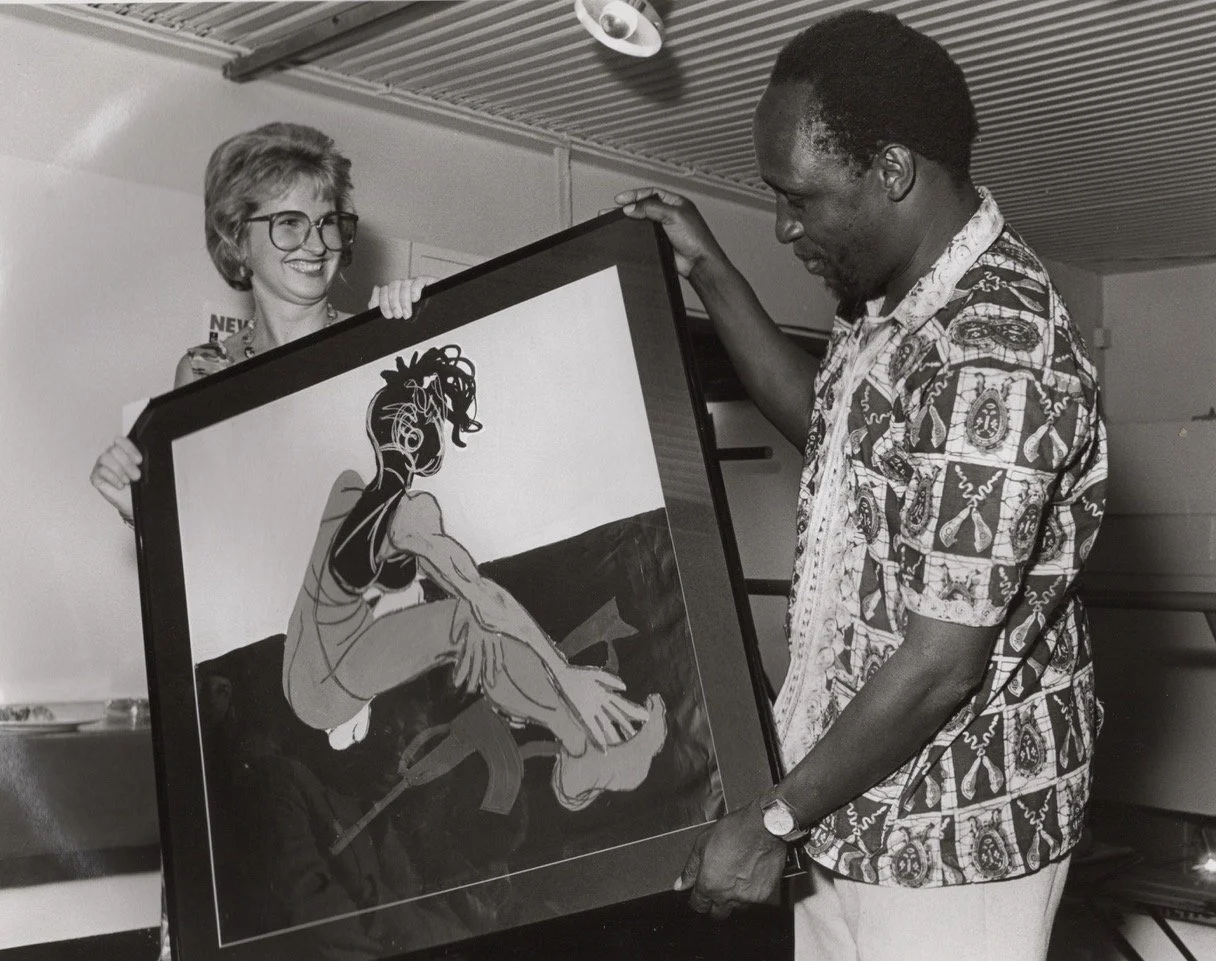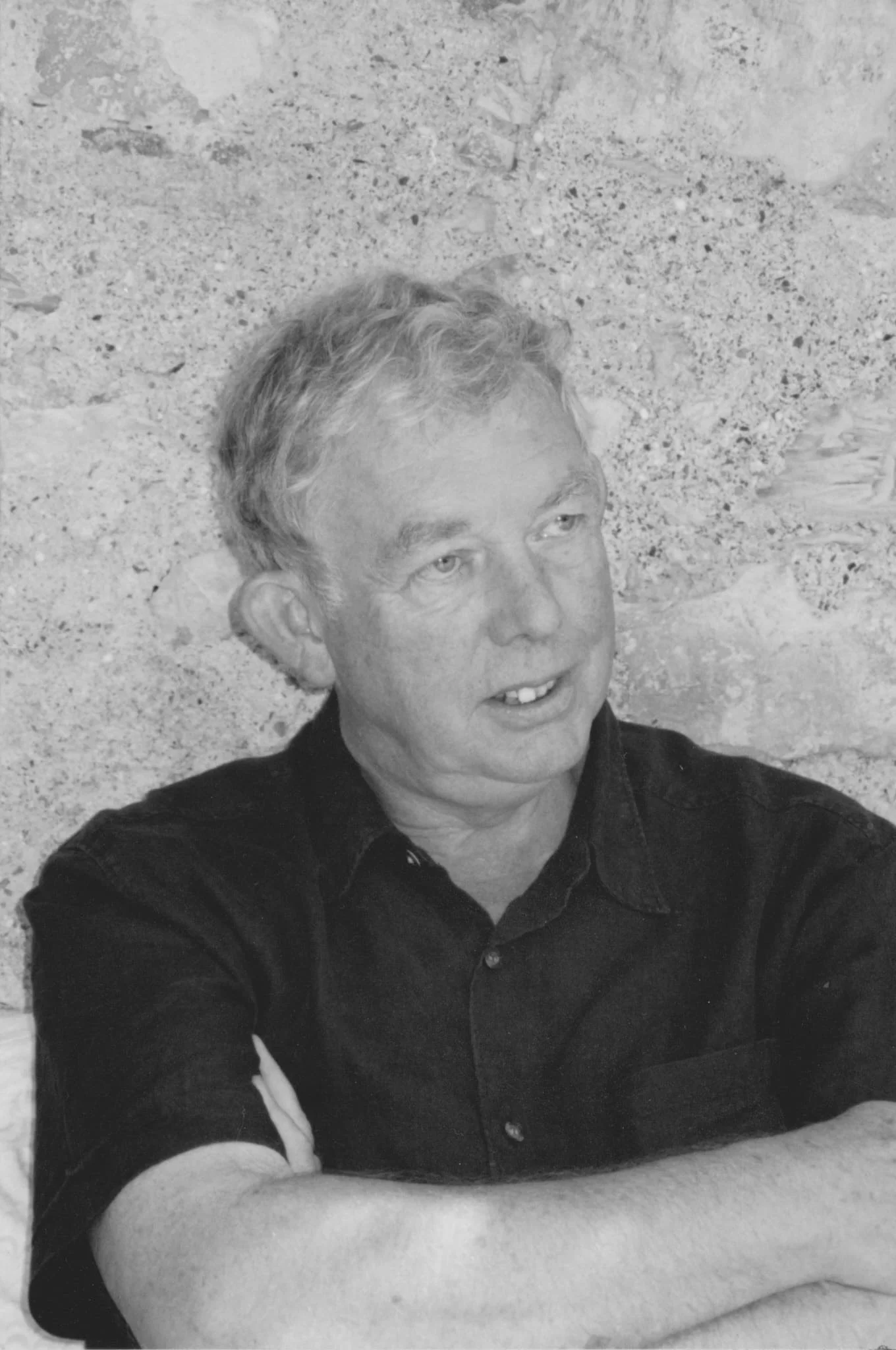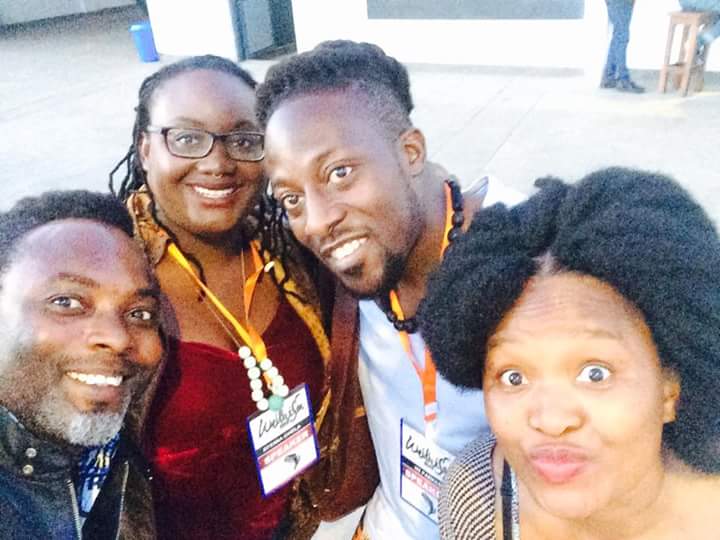By all appearances, the qualities that sustained my writing, were exactly those things anyone needed to be a good writer – or a good anything. Grit, curiosity and belief in the possibility of success. In principle, those qualities combined with some mentorship should have enabled me to produce fiction worthy of consideration by publishing houses, my peers and anyone who cared about writing. It was not.
Luckily, things did change eventually. At a certain point, I do not recall exactly when, I started to write stories that were not as bad. They were not structurally as flawed. The characters were plausible. The language was not as awkward. I do not know for sure how that happened but I think the chipping away at the computer helped. But, over the years, life also did happen to and with me and what we know of life for sure is that it does have several lessons under its belt. I think, it is those and other things that all converged to improve my skill.
Over the years and as I finalise my first novel, I am interested in the subject of craft. I want to be a better writer. To do that, I read books about writing. I read books about mastery in general. I read the masters, those whose writing is so well executed that they inspire things in us so great, so grand. To improve in my writing, I also read books, listen to podcasts and anything which illuminates mastery of all kind of things - chess, ping pong, sports etc.
Recently, I watched ‘Jiro Dreams of Sushi’ a documentary about Jiro Ono an 85-year-old sushi master and owner of Sukiyabashi Ji in Japan. The documentary was a fascinating portrait of a life lived in service to a craft, in this case, the craft of Sushi. There are many ways to live a life and many examples of mastery and masters. But, what I learnt from ‘Jiro Dreams of Sushi,’ is that mastery of a craft, is a journey. Craftsmanship is a quest that never ends. Becoming a master craftsmanship is forever a work in progress. There is no true destination. Nothing is ever truly mastered. And yet, in the process of aiming for mastery, we become craftsmen and find ourselves executing our craft in a realm that lies beyond effort and takes us into transcendence.
In terms of the Caine Prize, I have never judged a writing prize before – at least not in the same way. I was not sure what to expect when I came to judging 2017’s Prize. However, my limited experience allowed for limited influence and a willingness to approach the process instinctively.
As I read the many stories that were submitted for consideration in 2017, there were those stories which felt familiar exactly because they reminded me of the stories I used to write when I had passion, desire, theme and nothing else to anchor my craft on.
On the other side, for this year’s Prize, there were several stories (both those who made the short list and those which did not) that were just absolutely magnificent exactly because they demonstrated the author’s devotion to craft and the art of storytelling. Everyone’s writing process is different. How each person choses to grow themselves into a writer is different. Some people can do it with remarkable ease which stirs monumental fits of envy. Other people, like me, need to plough through each story and build each paragraph like a muscle. However, what I can say with great certainty is that all the stories that we saw on this year’s shortlist pushed boundaries and reflected a writer who had taken the time to sit with their craft and hone it.
Bushra al-Fadil's ‘The Story of the Girl whose Birds Flew Away’ is a story told with a fascinating take on language and expression. Lesley Nneka Arimah's‘Who Will Greet You At Home,’ and Magogodi oaMphela Makhene's ‘The Virus’ are both truly innovative. Chikodili Emelumadu's ‘Bush Baby’ is a fabulous weaving of the rational and irrational worlds we occupy and what lies in the middle. Arinze Ifeakandu's ‘God’s Children Are Little Broken Things’ is intimate, heart-breaking and relentless all at once.
What I have seen from this year’s Caine Prize for African Writing is that the future of craft and of stories coming out of Africa is luminous. Riding on the backs of the masters who preceded us: Okot p'Bitek, Timothy Wangusa, Chinua Achebe, Wole Soyinka, Ama Ata Aidoo, Buchie Emecheta - more masters await us in our luminous future.
Written by Monica Arac de Nyeko , 2017 Caine Prize Judge, find out more about the judges here.
















